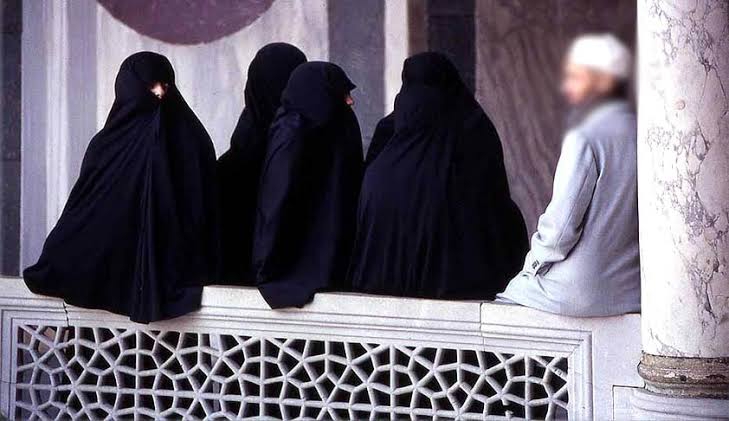The Supreme Court on January 20 said that it would set up a new five-judge Constitution bench to adjudicate Ashwini Upadhyay’s petition challenging the constitutional validity of polygamy and Nikah halala practised by the Islamic community. Justice Indira Banerjee and Justice Hemant Gupta, who were part of the earlier five-judge bench, have retired. This gave rise to the need for a re-constitution of the bench to hear eight petitions against the practices of polygamy and Nikah Halala.
The CJI stated that several important matters were pending before the bench of five judges, and hence, another constitutional bench will be set up, and the matter will be taken up for hearing.
The petition was filed by some Muslim women (Naisa Hasan, Shabnam, Farzana, Samina Begum, and Mohsin Kathiri, to name a few), NGOs and Advocate Ashwini Upadhyay. The petitioners contended that practices such as polygamy and nikah halala encroach upon the fundamental rights of Muslim women.
The previous year on August 30, a five-judge Constitution Bench comprised of Justice Indira Banerjee, Justice Hemant Gupta, Justice Surya Kant, Justice MM Sundresh and Justice Sudhanshu Dhulia had issued notices to the Centre, National Human Rights Commission, National Commission for Women, National Commission for Minorities and others on nine petitions challenging the said practices. The Supreme Court had in July 2018 considered the plea and referred the matter to a Constitution bench already entrusted with adjudicating a batch of similar petitions.
The Holy Quran permits a man to divorce his wife a maximum of two times. If the man divorces his wife for the third time, he is not allowed to marry her again. This bar was put in place to save women from unreliable and erratic husbands who divorce in a fit of rage, then cancel it, and then divorce again, leading to an endless cycle of marriage and divorce. After the third talaq, the woman becomes an independent being with full choice over her life, and it empowers them to take independent decisions. In the practice of Nikah Halala, for the purpose of going back to the erstwhile husband, sham marriages are enacted. Also known as “Tahleel Marriage”, it is one of the forms of sham marriage carried out to marry the divorced husband again. In Nikkah halala, a divorced Muslim woman marries another person. Following this, she gets divorced from him to marry her divorcee husband again.
The petition challenged the validity of Section 2 of the Muslim Personal Law (Shariat) Application Act, 1937 that recognised bigamy or polygamy among Muslims and sought reading down Section 494 of IPC, which permits such marriages among Muslims while making it punishable with seven-year jail term for members of other communities. Ashwini Upadhyay asked the Supreme court to declare Section 2 of the Muslim Personal Law (Shariat) Application Act, 1937, unconstitutional as the practice of triple talaq, polygamy and nikah halala violated Articles 14, 15 and 21 (right to equality, right to non-discrimination and right to live with human dignity) of the Constitution and went against public order, morality, and health.
“The Mohammedan law is founded essentially on the holy Quran and the Hadith of the Prophet Mohammed and thus it can’t fall within purview of expression ‘laws in force’ as mentioned in Article 13 of the Constitution and hence its validity cannot be tested,” the All-India Muslim Personal Law Board (AIMPLB) had earlier said in its application seeking to become a party to PILs challenging constitutional validity of practices of polygamy and nikah halala.
In 2017, the Supreme court declared the practice of instant triple talaq unconstitutional, saying it went against the basic beliefs of the Holy Quran. However, it said petitions against polygamy and ‘nikah halala’ would be dealt with separately.




















Comments